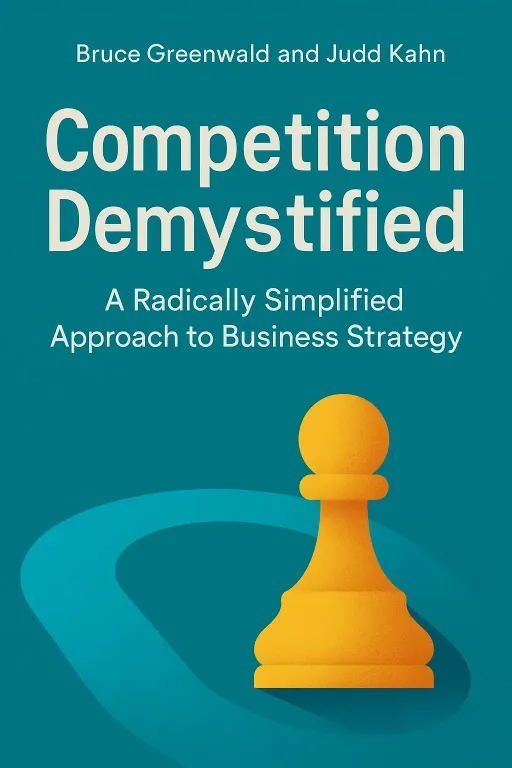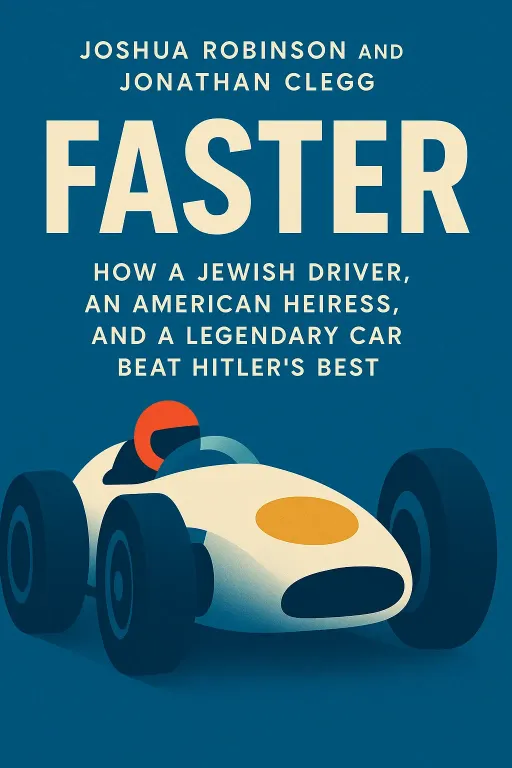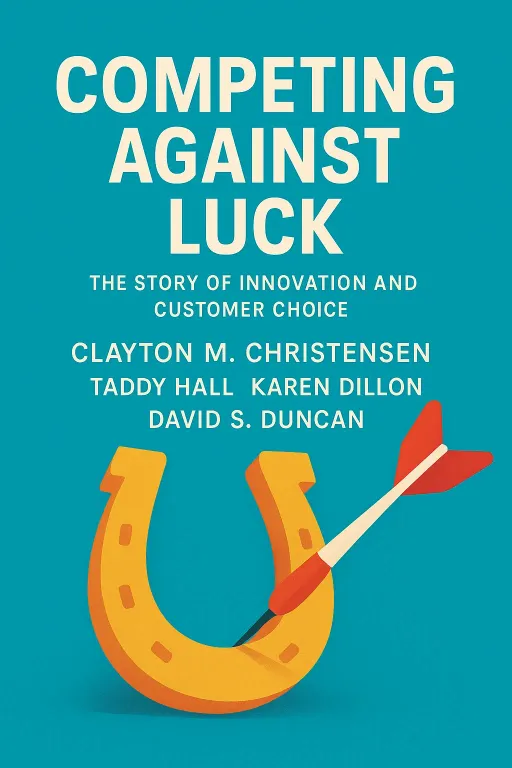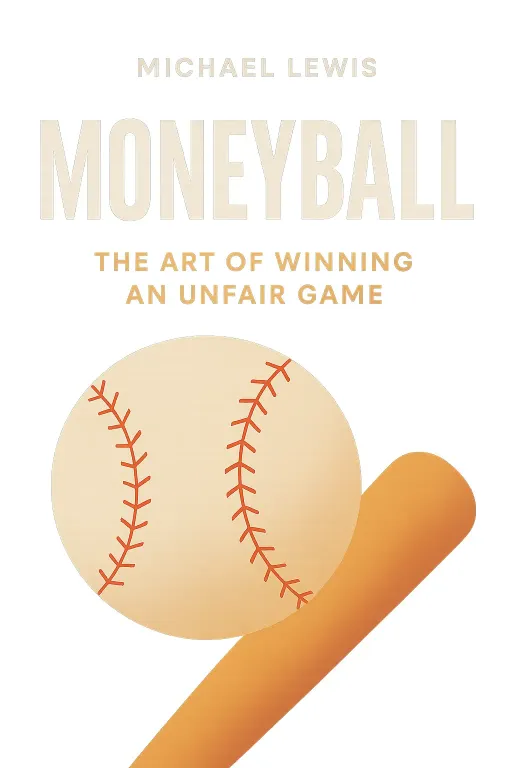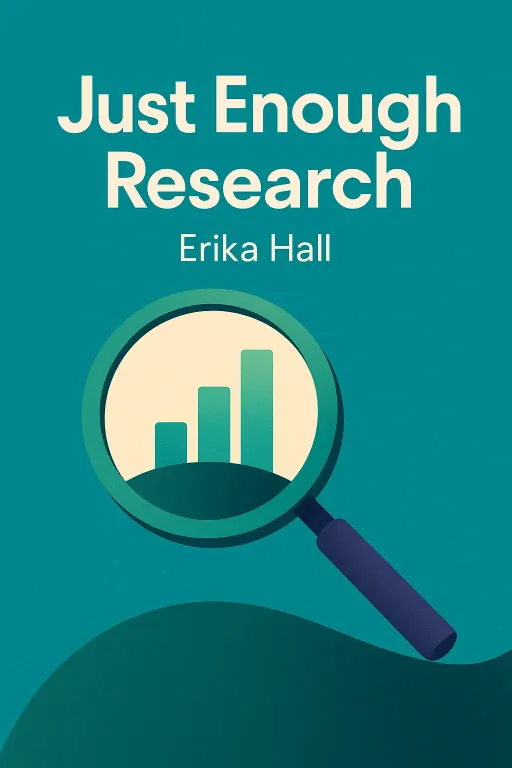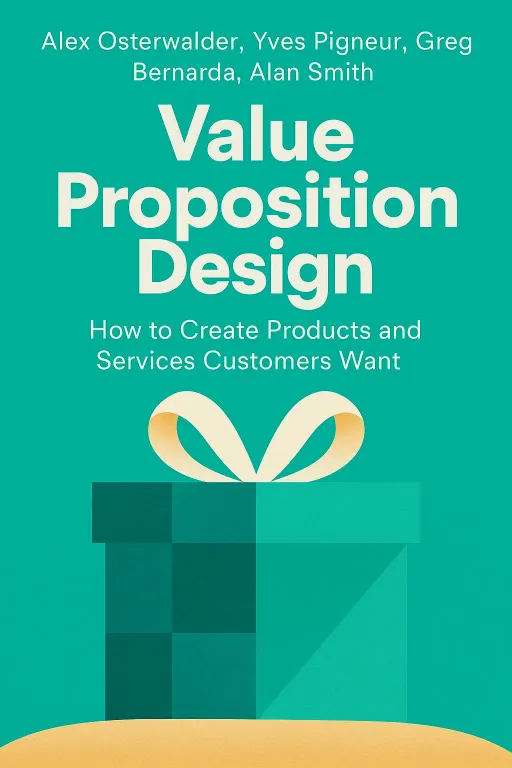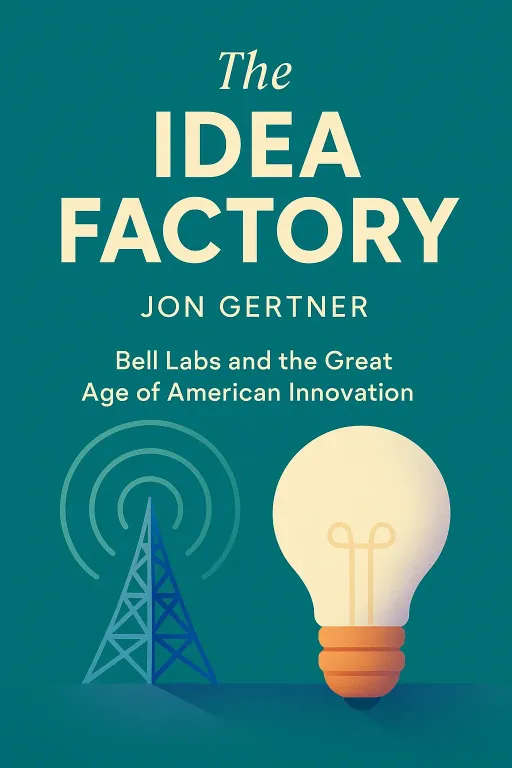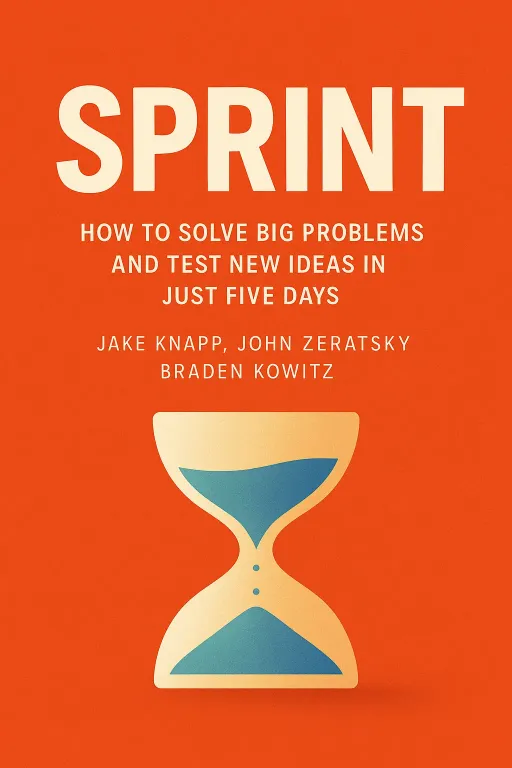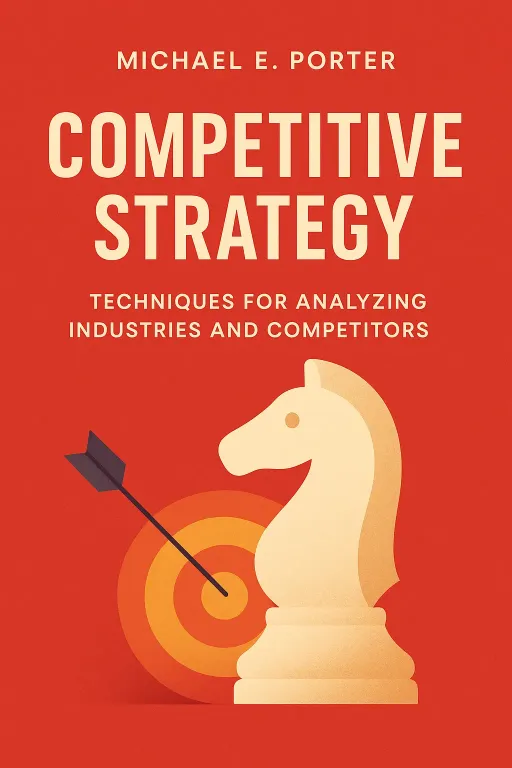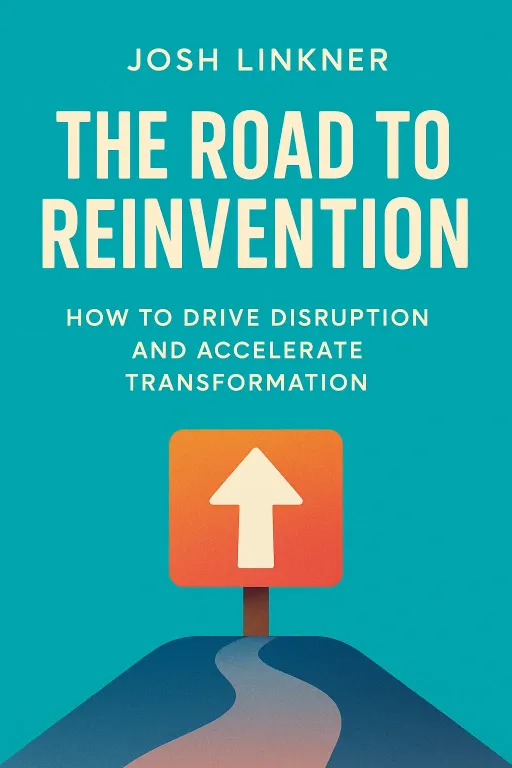
Kill Your Cash Cow
12 minHow to Drive Disruption and Accelerate Transformation
Golden Hook & Introduction
SECTION
Joe: The most dangerous thing your company can have is a wildly successful product. In fact, your number one job should be to kill it. Lewis: Wait, what? Kill your cash cow? That's the first chapter in the book of 'How to Get Fired 101.' What are you talking about? Joe: It sounds completely insane, right? But it might be the only thing that saves you. This is the central, provocative idea in a book I’ve been diving into, called The Road to Reinvention by Josh Linkner. Lewis: Josh Linkner. I know that name. He’s a big-time venture capitalist, right? Invests in all those high-tech startups. Joe: He is, but here's the fascinating part that changes everything. Before he was a VC, Linkner was a professional jazz guitarist. He’s played over a thousand gigs. So he approaches business innovation with the mindset of an improviser, which completely reframes the idea of 'risk.' Lewis: A jazz musician turned venture capitalist. Okay, that’s a combination you don't see every day. It’s like a philosopher becoming a professional wrestler. So he’s not just thinking in spreadsheets; he’s thinking in solos. Joe: Exactly. And that’s the core of his first big idea, what he essentially calls the Cannibal's Mandate. It’s this brutal but necessary philosophy: disrupt yourself, or you will be disrupted.
The Cannibal's Mandate: Why Your Biggest Success is Your Biggest Threat
SECTION
Lewis: Alright, I'm intrigued but skeptical. 'Disrupt yourself' sounds great in a TED Talk, but in the real world, companies exist to protect their successes, not destroy them. How does this actually work without a company just imploding? Joe: Well, let's look at two stories that perfectly illustrate the two sides of this coin. First, the success story. In 1993, the CEO of Samsung, Lee Kun-Hee, was looking at incredible numbers. Revenues were up 250%. By all accounts, they were winning. Lewis: So, time to pop the champagne and give everyone a bonus, right? Joe: You'd think. But Lee went on a world tour and was horrified. He walked into an electronics store in California and saw his Samsung TVs gathering dust on the bottom shelf, while Sony and Panasonic were flying out the door. He realized they were a low-quality, high-volume producer, and that their success was a ticking time bomb. Lewis: Oh, so the numbers looked good, but the brand was junk. I see. Joe: Precisely. So he flies hundreds of his top executives to Frankfurt and gives a now-legendary three-day speech. He famously declared, "Change everything but your wife and children." He held up a defective phone and threatened to burn the entire inventory if quality didn't become their new religion. He was essentially telling them to cannibalize their old, profitable, but mediocre business model. Lewis: That takes guts. And it worked, obviously. We're all holding Samsung phones now, not Sony phones. Joe: It worked spectacularly. By 2013, they were the largest TV and smartphone manufacturer in the world. They chose to be the cannibal. Now, let’s look at a company that made the opposite choice: Polaroid. Lewis: Ah, Polaroid. The original Instagram. I loved those cameras. Shake it, shake it, shake it like a Polaroid picture! Joe: We all did! And in the 80s and 90s, they were an absolute giant. They even beat Kodak in a massive patent lawsuit. They were untouchable. But deep inside their own labs, their engineers had developed a working digital camera. Lewis: No way. They had it? The thing that eventually killed them? Joe: They had it. But management buried it. They were terrified it would cannibalize their film business, which was their golden goose. They said, "We can't do that! We can't kill our core business!" They chose to be the meal, not the cannibal. And we all know what happened next. Instagram, which did what Polaroid could have done, sold to Facebook for a billion dollars. Polaroid filed for bankruptcy. Lewis: Wow. That’s a brutal comparison. One company torches its old self to build an empire, and the other protects its old self and ends up as a museum piece. Okay, so it’s not about literally setting your products on fire. It's about having the courage to make your own success obsolete before someone else does. Joe: You've got it. It's like what Apple does every single year with the iPhone. They know the new model will hurt sales of the old one, but they'd rather cannibalize their own sales than let Samsung or Google do it for them. It’s a proactive mindset, driven from a place of strength, not a reactive panic when things go wrong. Lewis: That makes so much more sense. It’s about being in a constant state of becoming. But that can't just be about the product itself. The whole company has to be built for that kind of constant change, right? Joe: Exactly. And that proactive cannibalism isn't just about the product. It requires a full 'Reinvention Engine,' which is Linkner's next big point. You have to retool your operations and, just as importantly, your story.
The Reinvention Engine: Overhauling Your Operations and Story
SECTION
Lewis: An engine. I like that analogy. So what are the parts of this engine? What's the internal machinery? Joe: The internal machinery is your operations. Linkner argues that you can create a massive competitive advantage without changing your product at all, just by reinventing how you do business. The classic example is Walmart. Lewis: Right, they sell the same stuff as everyone else—detergent, socks, cereal. Joe: The exact same stuff. But Sam Walton didn't reinvent the products; he reinvented the supply chain. He created a system called 'cross-docking.' Instead of suppliers shipping goods to a massive warehouse where they'd sit for weeks, the trucks would pull up, and goods would be moved directly from the inbound truck to an outbound truck heading to a store. It was revolutionary. Lewis: So they basically eliminated the warehouse. That must have saved them an insane amount of money. Joe: Billions. And they passed those savings on to the customer, which allowed a small retailer from Arkansas to become the largest corporation in the world. They didn't have a better product; they had a better process. That’s the operational side of the engine. Lewis: Okay, so that's the powerful, invisible machinery inside. What about the outside? The shiny chassis that people actually see and connect with? Joe: That's the other critical part of the engine: your story. Linkner uses this incredible example that I think perfectly captures the power of narrative. He talks about Chrysler in 2011. Lewis: Oh boy. After the 2008 crash, American car companies were a punchline. They were seen as dinosaurs. Joe: Exactly. And Detroit, their home base, was seen as a symbol of urban decay and failure. So what does Chrysler do? They buy a two-minute ad slot during the Super Bowl—the most expensive ad time on the planet. The ad is dark, gritty. It shows the tough, industrial streets of Detroit. And the voice-over says, "The hottest fires forge the hardest steel." Lewis: I remember that ad! With Eminem at the end. It gave me chills. Joe: Everyone got chills! And at the end, Eminem gets out of the car, points at the camera, and says, "This is the Motor City. And this is what we do." The tagline? "Imported from Detroit." Lewis: That's brilliant. They took their biggest weakness—being from a city everyone had written off—and turned it into their greatest strength. It wasn't a car ad; it was a redemption story. Joe: It was a story about grit, resilience, and authenticity. They reinvented their narrative. They didn't say, "Our car has 5% better fuel economy." They said, "We are fighters, we are survivors, and this car is forged from that same fire." The result? The perception of both Chrysler and Detroit began to change overnight. Lewis: That's fascinating. So the Reinvention Engine has two cylinders. One is the operational efficiency, the how—like Walmart's logistics. The other is the emotional narrative, the why—like Chrysler's story. You need both. A great story with broken operations is just a lie. And great operations with a boring story are invisible. Joe: That’s the perfect summary. The two have to work in tandem. But Lewis, that leads to the final, and maybe most important, question. We have the strategy—cannibalize. We have the engine—operations and story. But what powers the engine? What keeps people innovating when it's so much easier to just… not?
The Soul of the Machine: Culture and Legacy as the Ultimate Differentiator
SECTION
Lewis: Yeah, that’s the real question. All this sounds exhausting. Constantly changing, constantly disrupting. Why would anyone sign up for that? What's the fuel? Joe: The fuel, according to Linkner, is the soul of the machine: culture and legacy. This is where he argues the most profound and sustainable reinvention happens. It’s not in a product or a process, but in the shared values and purpose of the people doing the work. Lewis: The 'soft stuff.' The stuff that a lot of old-school executives would dismiss as fluff. Joe: The very stuff. And he uses an example that’s about as far from a typical corporate case study as you can get. He tells the story of Homeboy Industries in Los Angeles. Lewis: I've heard of them. They work with former gang members, right? Joe: Yes, it was founded by a priest, Father Gregory Boyle, in one of LA's toughest neighborhoods. The community was ravaged by crime and poverty. When ex-convicts got out of prison, no one would hire them, so they'd inevitably end up back in a life of crime. The recidivism rate was sky-high. Lewis: A vicious cycle. Joe: A seemingly unbreakable one. So what did Father Boyle do? He didn't just give them handouts. He reinvented their sense of self-worth by giving them jobs. He started a bakery, Homeboy Bakery. Then a cafe. Then a silk-screening business. He hired rival gang members to work side-by-side. Lewis: That sounds incredibly risky. You're putting people who were literally trying to kill each other a week ago in the same kitchen. Joe: It was. But he built the entire organization on a culture of radical trust, compassion, and dignity. The core value wasn't profit; it was kinship. It was about creating a community where people felt they belonged, where they were seen as more than their worst mistake. He didn't just give them a job; he gave them a new identity. Lewis: He reinvented their personal story. Joe: He gave them a platform to reinvent it themselves. And the results are staggering. Homeboy Industries now generates over $10 million in revenue and employs hundreds of people who would otherwise likely be in prison or dead. He didn't change the people; he changed the culture they were in, and that allowed them to change themselves. Lewis: Wow. So we've gone from corporate strategy with Samsung, to marketing with Chrysler, to the literal soul of a community with Homeboy Industries. It seems like Linkner's final argument is that the deepest form of reinvention isn't about market share at all. It's about meaning. Joe: I think that's exactly it. It’s about building something that lasts beyond a single product cycle or a quarterly report. It’s about what he calls "forging your legacy." Are you building something that just makes money, or are you building something that makes a difference? Lewis: And the paradox is that by focusing on making a difference, like Father Boyle did, you often end up creating a surprisingly successful and sustainable organization anyway. The 'doing good' leads to the 'doing well.' Joe: That's the ultimate reinvention. Shifting your focus from what you have to who you want to be.
Synthesis & Takeaways
SECTION
Joe: So when you put it all together, it’s really a three-legged stool. First, you need the strategic courage to cannibalize your own success. Second, you need the practical engine of reinvented operations and a powerful story. And third, you need the human soul of a resilient, purpose-driven culture. Without all three, the stool collapses. Lewis: The biggest lesson for me is that reinvention isn't a panic button you hit during a crisis. That's just a turnaround, and it's usually too late. Real reinvention is a daily hygiene, like brushing your teeth. It’s the small, consistent, proactive choices you make when things are going well that protect you when they inevitably go wrong. Joe: That’s a perfect way to put it. It’s a practice, not a project. And Linkner’s work, which has been widely praised for its practical, clear guidance, really drives that home. It’s not just for CEOs; it’s a mindset for anyone. Lewis: So I guess the question for everyone listening isn't if you need to reinvent, but what part of your work, your career, or even your life are you going to start reinventing today? What's the one thing you're protecting out of fear that you should be challenging out of courage? Joe: A powerful question to end on. It all starts with that choice. Lewis: This is Aibrary, signing off.
